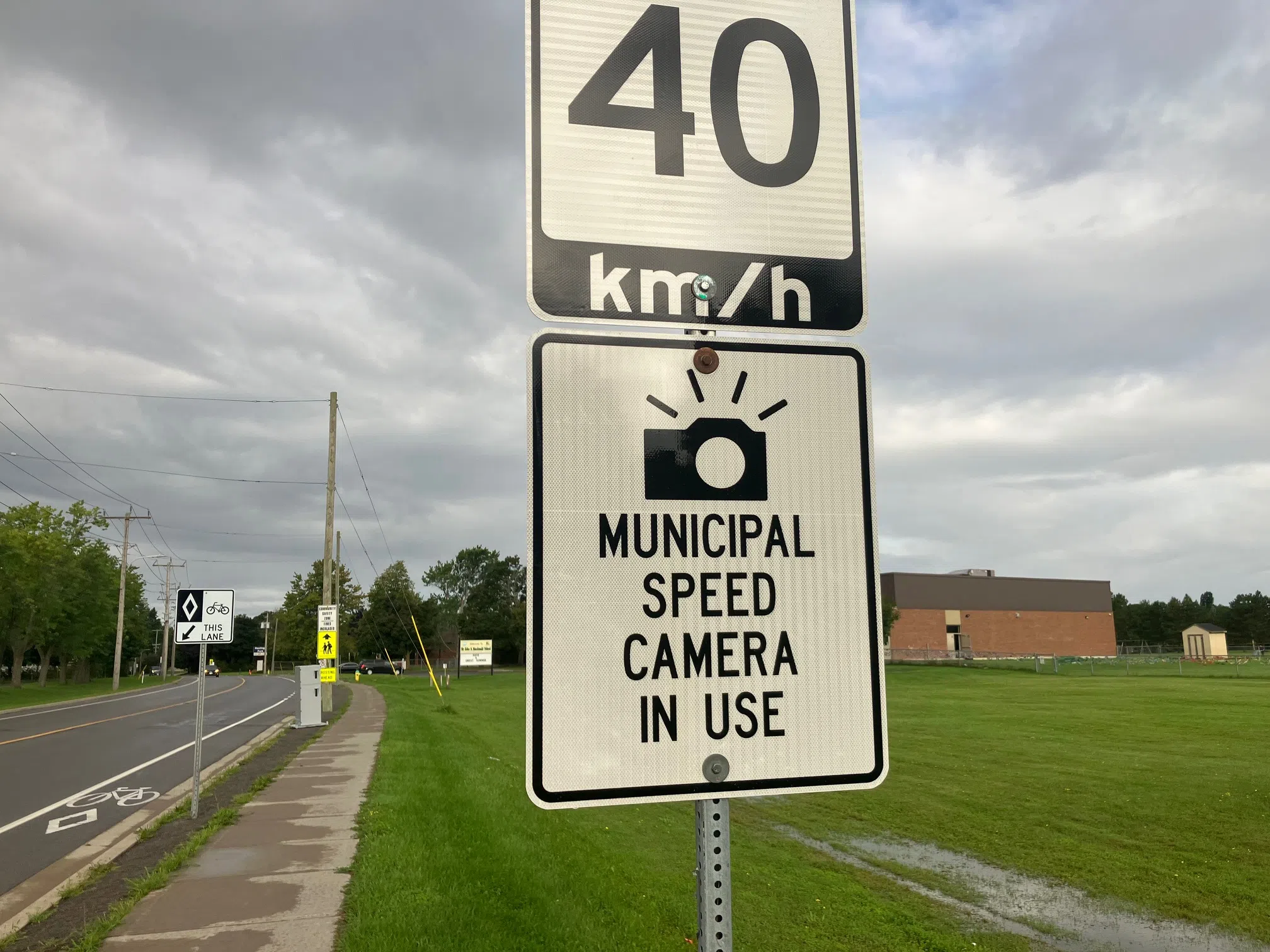Higher-than-projected revenue will be used to help with a higher-than-expected budget from Hastings County.
Belleville City Council voted to approve that the difference from Belleville’s allocation to the Hastings County budget of more than $760,000 be funded from the Tax Rate Stabilization Reserve Fund.
Council also approved that the revenue from the Provincial Offences Automated Speed Enforcement (ASE) be increased by $620,000, ready to be transferred back into the Tax Rate Stabilization Reserve fund in 2025.
At its meeting Monday, council received a presentation from Hastings County officials regarding the recently approved budget for 2025.
It was noted that Hastings County collects all Provincial Offence Act (POA) revenue coming from parking and speeding tickets in Belleville and then returns a significant portion of it to the city.
In a report to council, it showed that ASE speed cameras brought in almost $400,000 more in revenue than projected last year, at just over $1 million. This despite the cameras being in operation for five months.
Hastings County is expecting close to $2.5 million in ticket revenue for this year, much higher than the $1.8 million projected by the city in the 2025 budget.
Taking questions from council, Director of Finance and Treasurer for Hastings County Tony Bird says POA staff are seeing a significant increase in ticket volume.
“We used to average, I would say approximately 15,000 tickets a year, and we’re estimating potentially 61,000 this year,” Bird told council.
“So we’ve done the very best we could last year in automating our processes and trying to find efficiencies within to manage the the administrative side of it, but it is an awful lot for our POA staff to to manage that uptake in volume.”
Speaking to council after the presentation, councillor Garnet Thompson says the city underestimating the amount of revenue it would receive from the speed cameras is a good thing.
“It shows that our speed enforcement situation has done its job. We’ve slowed people down. We’re not having any more accidents,” Thompson told council.
“The one big thing about the speed enforcement, if we had to hire policemen to administer this many tickets, our expenses would be astronomical compared to what they are with the cameras.”
Previously, the surplus money from speed enforcement went toward the costs of buying and renovating the building to hold The Bridge Integrated Services Hub.
With files from Quinte News’ John Spitters






